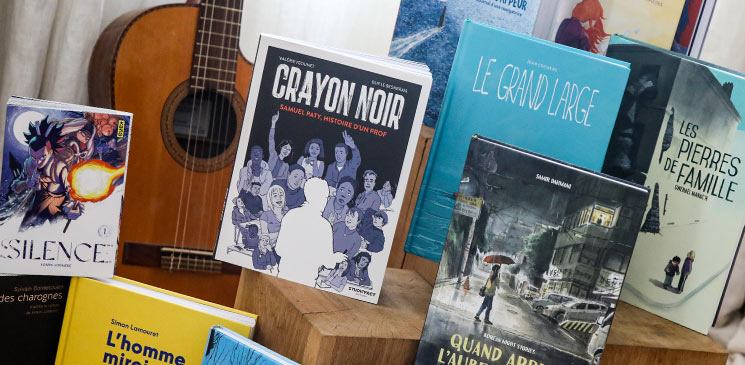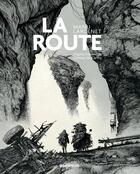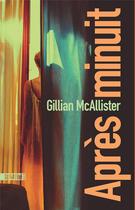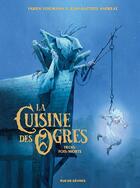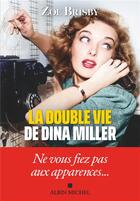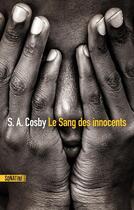-
Nombre de pages : (-)
-
Collection :
(-)
-
Genre :
(-)
-
Thème :
Non attribué
-
Prix littéraire(s) :
(-)
Résumé:
The study of medieval literature has experienced a revolution in the last two decades, which has reinvigorated many parts of the discipline and changed the shape of the subject in relation to the scholarship of the previous generation. 'New' texts (laws and penitentials, women's writing, drama... Voir plus
The study of medieval literature has experienced a revolution in the last two decades, which has reinvigorated many parts of the discipline and changed the shape of the subject in relation to the scholarship of the previous generation. 'New' texts (laws and penitentials, women's writing, drama records), innovative fields and objects of study (the history of the book, the study of space and the body, medieval masculinities), and original ways of studying them (the Sociology of the Text, performance studies) have emerged. This has brought fresh vigour and impetus to medieval studies, and impacted significantly on cognate periods and areas. The Oxford Handbook of Medieval Literature in English brings together the insights of these new fields and approaches with those of more familiar texts and methods of study, to provide a comprehensive overview of the state of medieval literature today. It also returns to first principles in posing fundamental questions about the nature, scope, and significance of the discipline, and the directions that it might take in the next decade.
The Handbook contains 44 newly commissioned essays from both world-leading scholars and exciting new scholarly voices. Topics covered range from the canonical genres of Saints' lives, sermons, romance, lyric poetry, and heroic poetry; major themes including monstrosity and marginality, patronage and literary politics, manuscript studies and vernacularity are investigated; and there are close readings of key texts, such as Beowulf, Wulf and Eadwacer, and Ancrene Wisse and key authors from AElfric to Geoffrey Chaucer, Langland, and the Gawain Poet.
Donner votre avis





